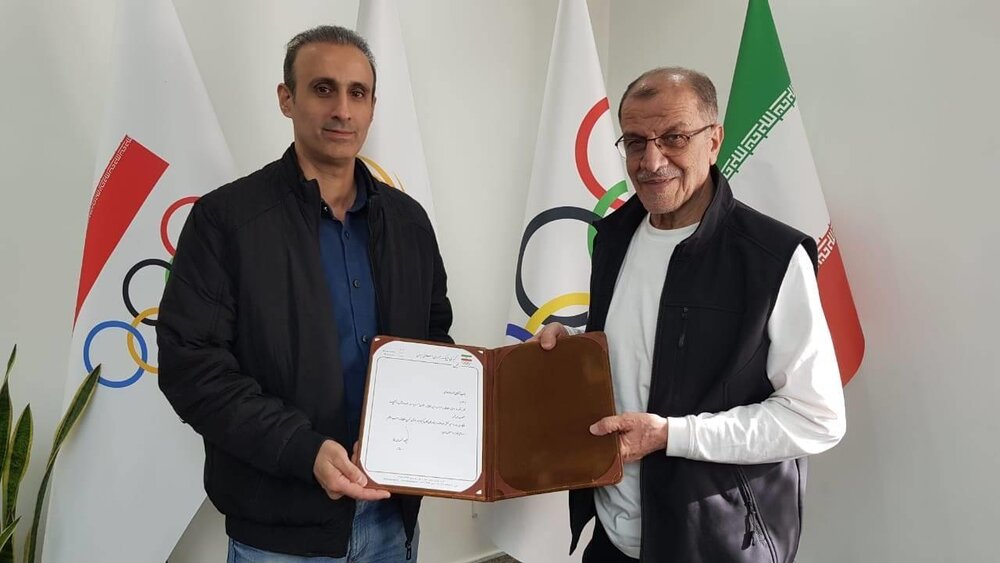Why Trump must stop pushing Israel's agenda in Lebanon
Why Trump must stop pushing Israel's agenda in Lebanon

An internal American policy debate seems to have emerged over Washington’s strategy towards Lebanon.
In a recent interview, former US presidential adviser Amos Hochstein directed some not-so-veiled criticism at what he described as the Trump administration’s excessive emphasis on the disarmament of Hezbollah.
“Let’s be realistic of what we can achieve,” Hochstein said. “The best way to combat them is not to focus singularly on the disarming of Hezbollah, but to do it in a dual track: build out the economy to bring in investment and support the Lebanese Armed Forces.”
The former Biden administration diplomat warned that exerting excessive pressure on the Lebanese state to disarm Hezbollah could risk igniting a civil war. He also urged the international community to support reconstruction efforts in Lebanon.
Hochstein’s remarks came after the US ambassador to Turkey and special envoy to Syria, Tom Barrack, called Lebanon “a failed state” because it had yet to disarm Hezbollah, and described the country’s political leaders as “dinosaurs”.
Hochstein’s comments go beyond partisan politics, coming from someone with expert knowledge of the players involved.
A former member of the Israeli military, Hochstein was the Biden administration’s point man on Lebanon, brokering a landmark deal to demarcate the country’s maritime border with Israel - with Hezbollah’s endorsement.
Hochstein’s remarks might be seen as a warning that the Trump administration’s obsession with the speedy disarmament of Hezbollah is what really threatens to transform Lebanon into a failed state. While it already fits the category of a “weak state”, the current approach could unleash all-out chaos.
Pragmatic approach
Hezbollah, meanwhile, has released a statement affirming its strong rejection of Lebanese-Israeli talks. Yet the statement, which came after President Joseph Aoun last week declared that the only viable option to end hostilities was to hold talks with Israel, should not be seen as an outright rejection of all negotiations.
A Hezbollah official subsequently told a group of scholars and journalists that the group was referring specifically to “political” talks, implying that “non-political” talks may be acceptable. The official also noted that any talks must have a clear endgame.
Lebanon will have a vital role in future US policies in the region, giving Washington a vested interest in its stability
Perhaps most importantly, Hezbollah’s statement references a clause in the November 2024 ceasefire agreement that forbids armed groups in Lebanon from conducting operations against Israel - effectively a response to claims from Israel that the group may conduct future offensive cross-border strikes.
Given Hezbollah’s seemingly pragmatic approach, it would be prudent for the Trump administration to heed Hochstein’s advice and show more flexibility on disarmament, while simultaneously pressing Israel to halt its ongoing attacks on Lebanon, which have escalated sharply in recent days.
Doing so would increase the chances of establishing a kind of permanent “cold peace” through US-sponsored talks. This would elevate the Trump administration’s standing in the region, not least given the state of conflict that has long existed between Lebanon and Israel.
The importance of such a feat would arguably rival another goal of the Trump administration: normalisation between Saudi Arabia and Israel, between whom there was never any conflict to begin with.
A cold peace would also serve American interests and future plans in a broader sense. Washington is building a new embassy complex in Beirut, which will be the second-largest in the world after the US embassy Baghdad. It is thus logical to conclude that Lebanon will have a vital role in future US policies in the region, giving Washington a vested interest in its stability.
Opening the door to IS
In contrast, Lebanon becoming a failed state plagued by civil war - a situation that could be fuelled by the current fixation on the speedy disarmament of Hezbollah - would undermine future US regional plans, while adding to Washington’s dismal record of contributing to the creation of failed states in Iraq, Afghanistan, Libya and elsewhere.
A failed state in Lebanon would also threaten US President Donald Trump’s legacy, namely in relation to the Islamic State (IS) threat.
The terrorist group, which thrives on failed states, attaches special importance to the Levant, as evidenced by its efforts to resurge in Iraq and Syria. Chaos in Lebanon would present a golden opportunity for IS to gain a firm foothold in the country to pursue its regional objectives.
This would do lasting damage to Trump’s legacy. He has boasted about defeating IS and killing its former leader, Abu Bakr al-Baghdadi.
It would also undermine Trump’s efforts to promote himself as the defender of Christians being persecuted by “radical Islamists”, as reflected in his recent remarks on Nigeria. Lebanon has a sizeable Christian population, which would be under grave threat should IS establish a foothold in the country.
Given these factors, it would make perfect sense for Washington to distance itself from Israel’s preferred approach towards Lebanon, which entails an exclusive focus on the disarmament of Hezbollah. While having a failed state engulfed in civil strife next door may be acceptable - and even the preferred outcome - for Israel, bolstering its pretext for territorial expansion, this scenario would serve neither US interests nor Trump’s personal legacy.
The views expressed in this article belong to the author and do not necessarily reflect the editorial policy of Middle East Eye.












